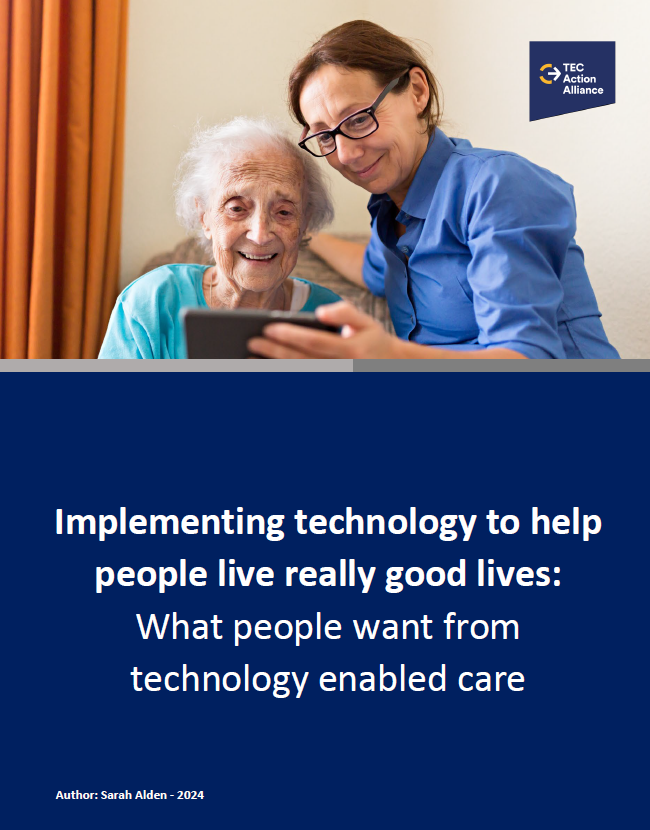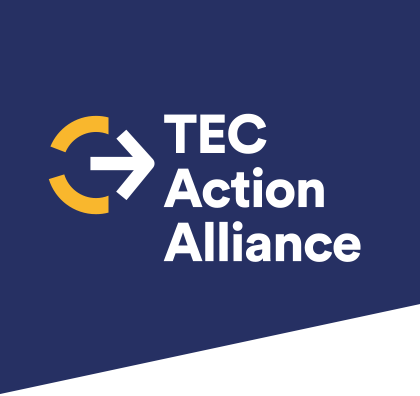
New Research Highlights How Technology Can Support ‘Gloriously Ordinary Lives’
In an era where technological advancements are revolutionising daily life, groundbreaking new research titled “Implementing Technology to Help People Live Really Good Lives: What People Want from Technology Enabled Care” offers a fresh perspective on how people view and describe TEC, the main functions they recognise, and the values and principles they demand from TEC.
The TEC Action Alliance, pioneers in exploring the intersection of technology and care, commissioned this insightful research from Dr Sarah Alden, a social policy researcher who previously worked at the University of Leeds and the University of Sheffield.
Transforming Care Through Technology
The study is a comprehensive exploration of public desires, expectations and views on technology-assisted care. It points to the need for a common ‘structure’ and language for TEC. This would improve awareness, help people to choose the right solution for them, and ensure their TEC works seamlessly with the other devices and systems they use.
The research builds upon previous recommendations from last year’s TEC Action Alliance ‘Challenge Paper’, aiming to contribute significantly to our subsequent ‘Action Paper’ – set to be released at ITEC Conference 2024.
Methodology: A Diverse and In-Depth Approach
The research is a blend of extensive literature review, stakeholder interviews and focus groups, ensuring a well-rounded and inclusive approach:
Literature Review: This international review examines over 100 literature sources and 26 case studies. It focuses on various technology types used in everyday life, from specialist software to mainstream gadgets, reflecting the diverse ways people use technology.
Fieldwork: Engaging directly with 42 individuals who rely on care and support, along with their families. This phase included one-on-one interviews and focus groups, emphasising the viewpoints of often underrepresented groups in the main literature.
Expert Interviews: Conversations with 15 stakeholders, including local authority staff, third sector professionals, academics, and technology developers, provide an expert lens to the research.
Implications for the Future of Care
This research marks a significant step in understanding and integrating technology in care. By highlighting what people genuinely seek from technology-assisted care, it paves the way for developing more personalised, seamless and supported care models and technological solutions.
As technology enabled care continues to evolve, the insights from this study will undoubtedly influence how we think about technology’s role in enhancing the everyday lives of individuals drawing on care and support.

